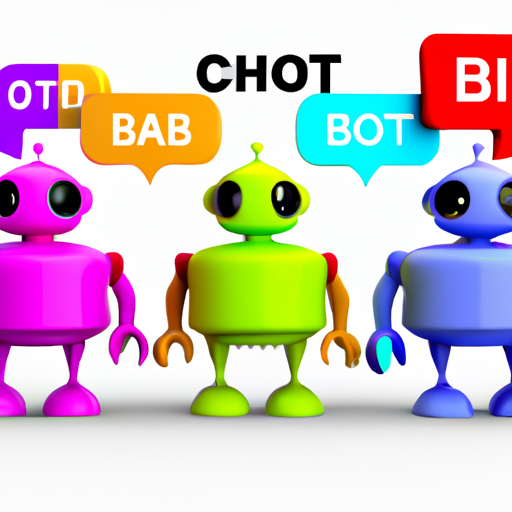In recent years, Emotion AI, also known as affective computing, has emerged as a groundbreaking technology that allows machines to interpret and respond to human emotions. By leveraging advanced algorithms and machine learning, Emotion AI systems can analyze facial expressions, voice tones, and even physiological signals to gauge emotional states.
What is Emotion AI?
Emotion AI focuses on creating algorithms that can sense and react to human emotions, bridging the gap between human feelings and machine responses. This technology is a subset of Artificial Intelligence that enhances Human-Computer Interaction (HCI) through understanding emotional cues.
Applications of Emotion AI
Emotion AI is being integrated into various sectors:
- Customer Service: Virtual assistants and chatbots are utilizing emotion detection to provide personalized responses based on the emotional state of the users.
- Healthcare: Emotion AI is being employed to monitor patients’ emotional well-being and address mental health issues more effectively.
- Education: Intelligent tutoring systems can adapt lessons based on students’ emotional responses, improving engagement and learning outcomes.
Benefits of Emotion AI
The benefits of implementing Emotion Recognition technology are profound. Companies can create more empathetic and user-centric products, enhancing user satisfaction significantly. Additionally, the applications of Emotion AI lead to more informed decision-making, ultimately fostering better relationships between users and technology.
Challenges Ahead
Despite its potential, Emotion AI faces challenges including ethical concerns surrounding privacy and the accuracy of emotion detection. Companies must navigate these issues carefully to build trust with their users.
The Future of Emotion AI
As technology advances, the integration of Emotion AI into everyday applications will likely expand, creating more intuitive human-machine interactions. The continued research and development in this field promise a future where emotional intelligence is seamlessly integrated into our digital experiences.
In conclusion, Emotion AI holds the key to unlocking more meaningful connections between humans and machines. By understanding and responding to our emotions, AI can enhance various sectors, leading to improved outcomes in customer experience, healthcare, and education.




